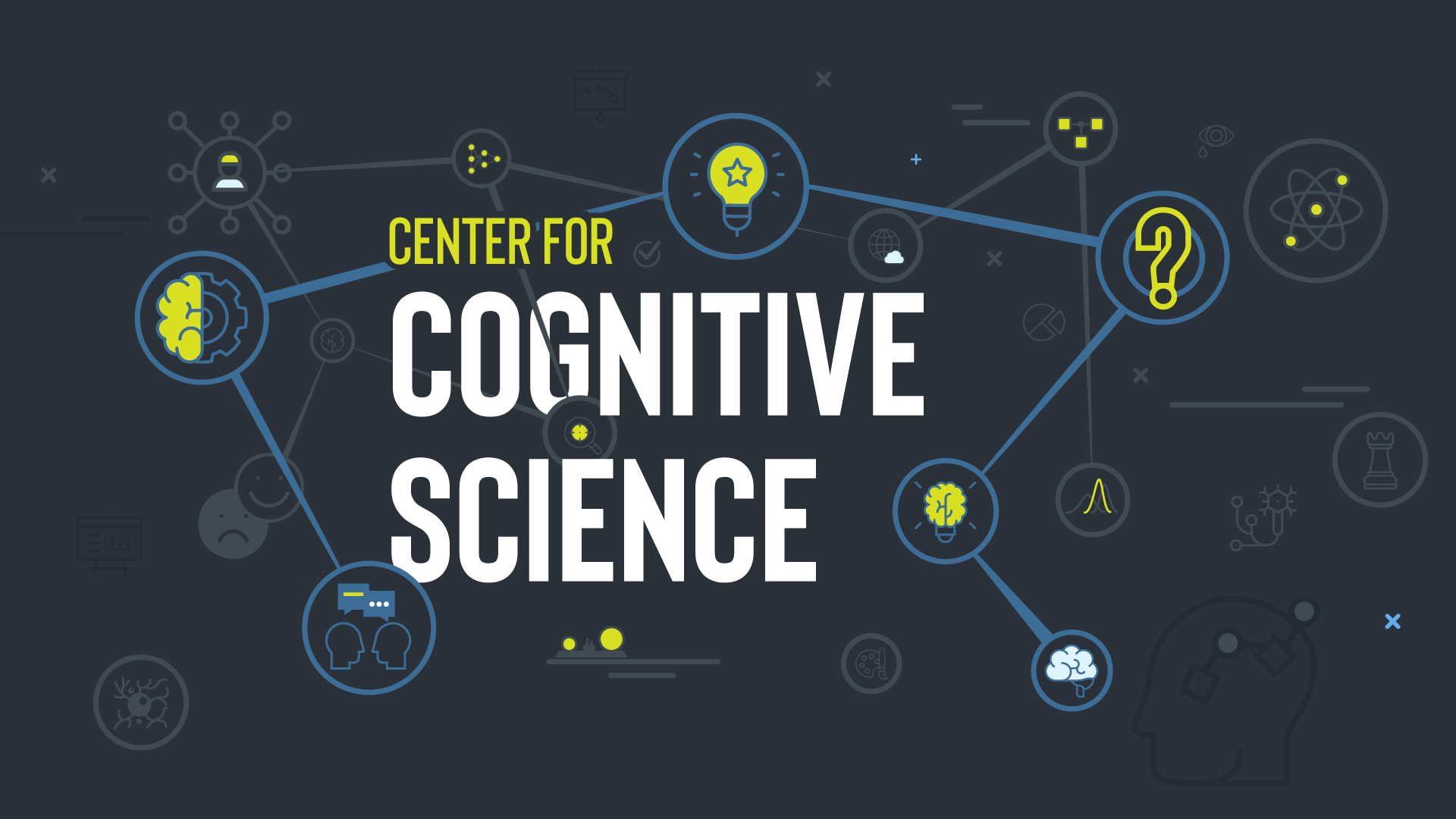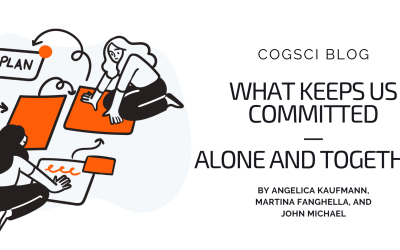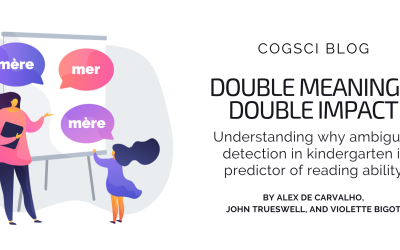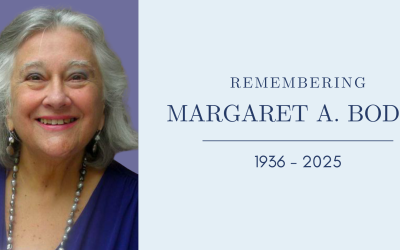With rapid advances in technology, artificial intelligence, machine learning, neuroimaging, and big data, it’s clear that the future depends on building a stronger, more continuous loop between science and application. These leaps in tech development call for an ongoing dialogue: research shapes real-world solutions, and real-world challenges, in turn, fuel new scientific insights.
Rooted in a desire to understand intelligent behavior and originally inspired by breakthroughs in AI and information processing, cognitive science has long focused on unpacking the workings of the human mind. For decades, though, translating these insights into real-world impact was a slow process. Today, thanks to digital ecosystems, advanced imaging tools, and machine learning, we have both the opportunity and the responsibility to build applied cognitive science programs that actively connect research and practice.
That’s why cognitive science has never been more relevant. Born out of a desire to understand intelligent behavior and inspired by early successes in artificial intelligence and information processing, its focus has been on unpacking the human mind. Yet, for decades, translating cogsci insights into tangible, impactful applications was a slow process. Today, with digital ecosystems, advanced neuroimaging, artificial intelligence and machine learning, we have an unprecedented opportunity, and responsibility, to build applied cogsci programs that foster a reciprocal relationship between research and practice.
But how do we achieve that? What should we focus on?
In 2019, the Faculty of Humanities and Social Sciences, University of Zagreb, received an European Social Fund (ESF) grant for the project titled “Challenges in the Humanities and Social Sciences: New Study Programs and Quality Assurance at the Faculty of Humanities and Social Sciences.” One of the project’s aims was to develop the first Cognitive Science program in Croatia.
With the University celebrating its 350th anniversary the same year, and a long-standing tradition of siloed academic disciplines, designing a relevant, well-structured interdisciplinary program was a major challenge. We brought together leading faculty from the Faculty of Humanities and Social Sciences and the Faculty of Electrical Engineering and Computing. Our goal was to create an MA program rooted in cognitive science, aimed at training experts in the sustainable development of human-centered, AI-driven technology.
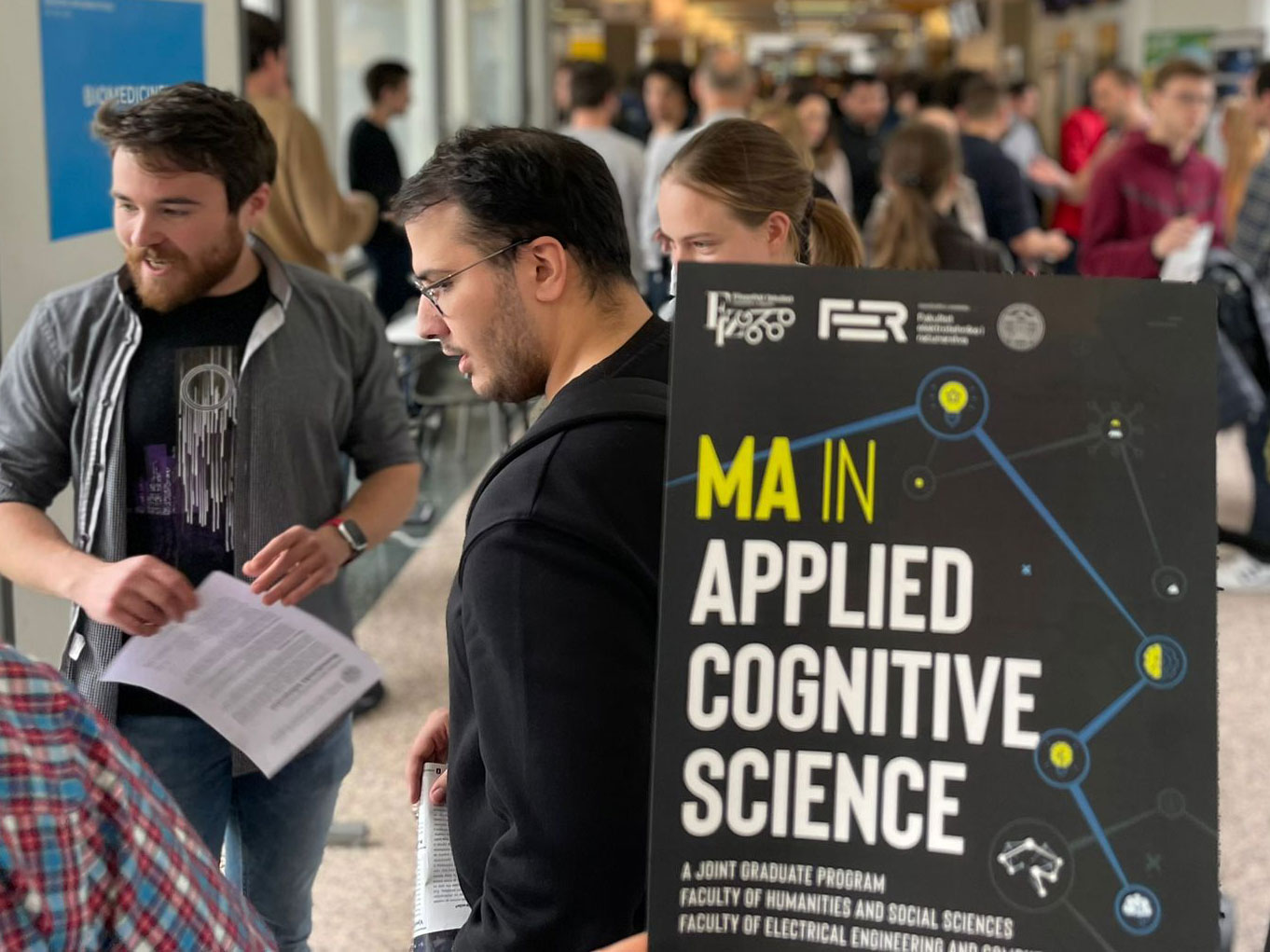
The program was accredited and launched within months of the release of OpenAI’s ChatGPT. The timing felt like a rewarding synchronicity. However, this major leap in generative AI and natural language processing made it even clearer that we must strengthen our focus on what makes us human.
We are guided by the belief that the central role of cognitive science today is to preserve what defines us as human: empathy, creativity, collaboration, ethical conduct, meaning-making, informed decision-making, and personal agency. We work closely with our students, encouraging them to collaborate, listen to one another, step beyond their disciplines, and step into someone else’s shoes. We foster a passion for developing human-centered technologies and for finding ways to create a meaningful coexistence with them.
The program was designed as an engine of innovation. Our students are innovators, and together we focus on creating AI and technologies that complement and enhance human abilities rather than replace them. Achieving this requires a sustainable, reciprocal loop between scientific inquiry and practical application. It’s an approach that not only drives technological progress but also ensures that progress supports our shared well-being and upholds core human values in a rapidly digitalizing world. Cognitive science is the ideal foundation for achieving that.
Interested in learning more, collaborating, or supporting this mission?
We welcome connections with researchers, students, and institutions who share our commitment to human-centered innovation. Whether you’re curious about the program, exploring ways to collaborate, or thinking about how cognitive science could shape your own work, get in touch.
